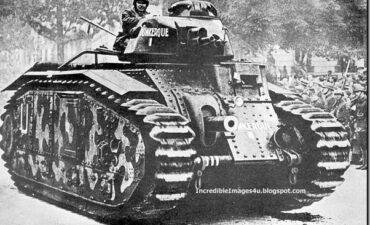Why do Filipinos keep on voting the wrong leaders? The question of why certain leaders are repeatedly elected in the Philippines, often perceived as “the wrong leaders,” is complex and multifaceted.
Historical Context:
The Philippines has a long history of political dynasties, which can perpetuate the same leadership styles and policies over generations. Many voters may feel a sense of loyalty to these families or their political legacies.
Populism:
Some candidates appeal to voters through populist rhetoric, promising immediate benefits or solutions to long-standing issues. This approach can sometimes overshadow a candidate’s qualifications or track record.
Economic Factors:
Economic struggles can lead voters to prioritize short-term gains over long-term stability. Candidates who promise financial aid, jobs, or social services may win votes even if their policies are not sustainable.
Media Influence:
The role of media, especially social media, is significant. Misinformation, sensationalism, and the promotion of certain narratives can shape public perception and sway voter opinions.
Lack of Political Education:
A lack of civic education can result in voters being uninformed about candidates’ platforms, qualifications, or the implications of their policies. This can lead to decisions based more on personality or charisma rather than competency.
Regionalism and Identity Politics:
Many voters may prioritize regional or cultural identities, leading them to vote for candidates who resonate with their specific backgrounds rather than those who might be best for the country as a whole.
Voter Manipulation:
In some cases, practices such as vote-buying or coercion can influence electoral outcomes, leading to the election of candidates who may not truly reflect the voters’ preferences.
These factors combine to create a challenging political landscape where many Filipinos may feel compelled to vote for leaders who may not serve their best interests in the long run.








